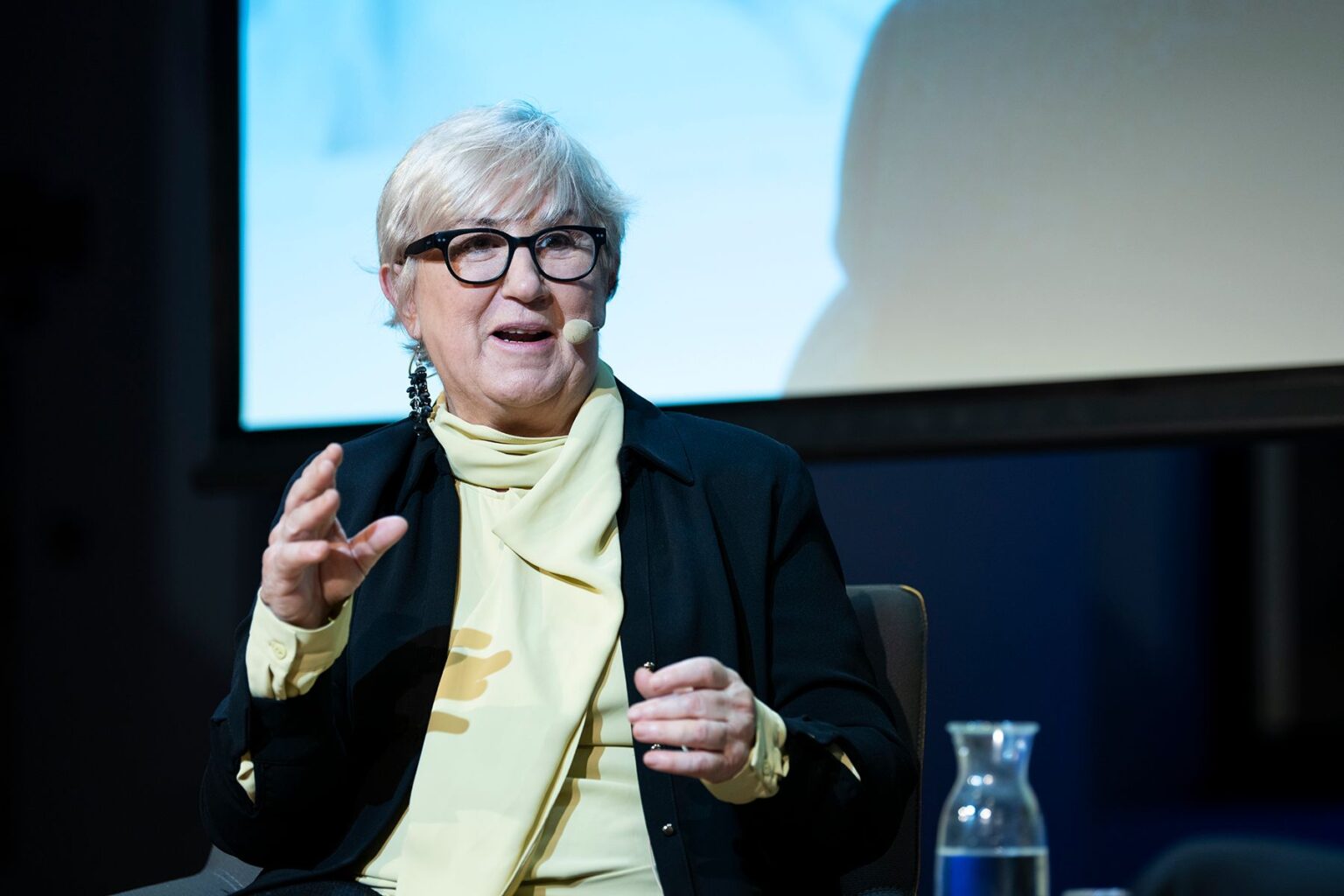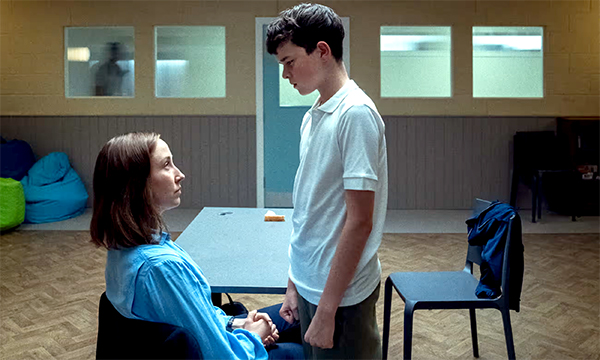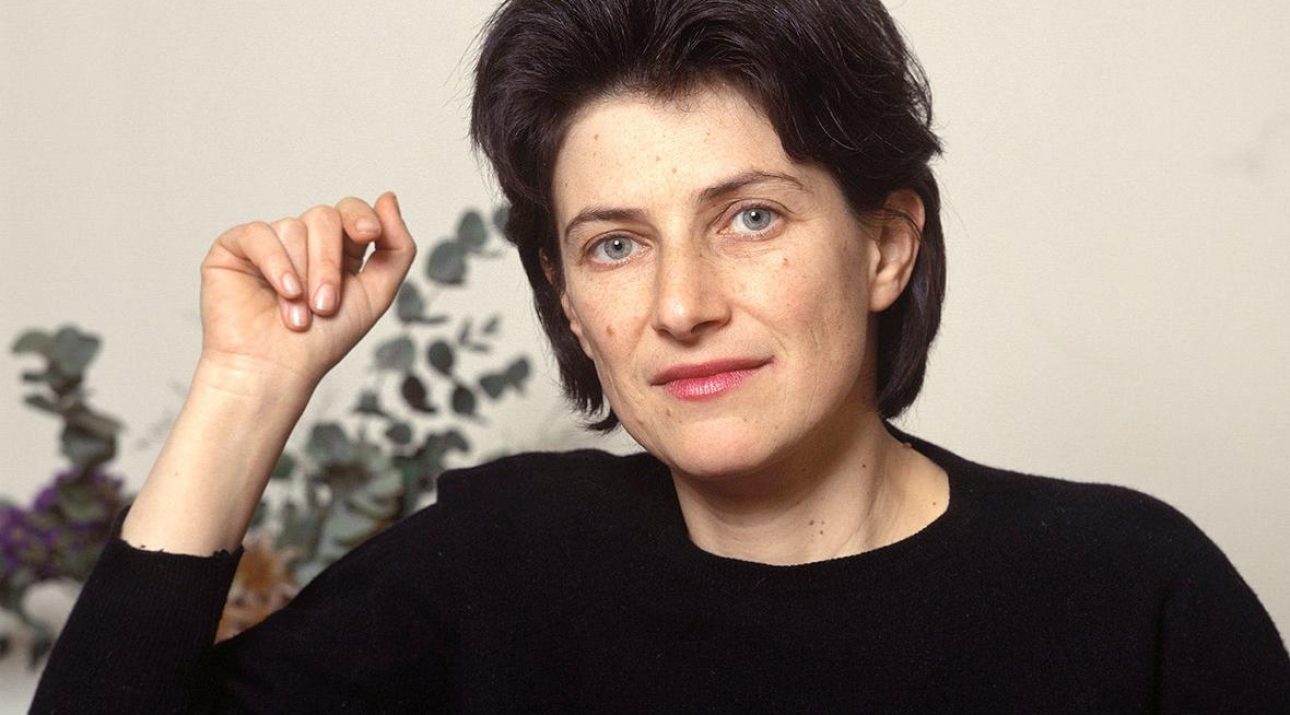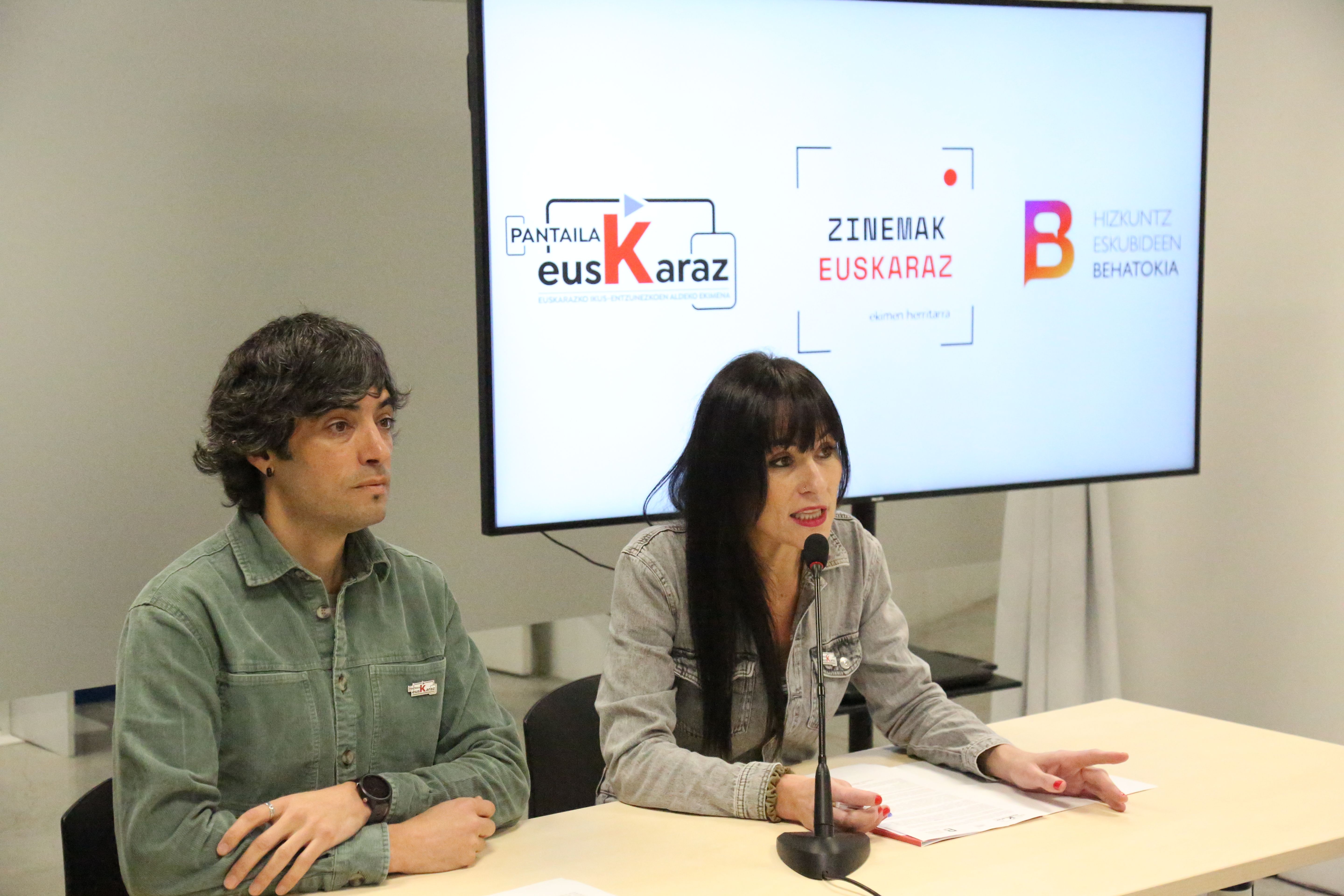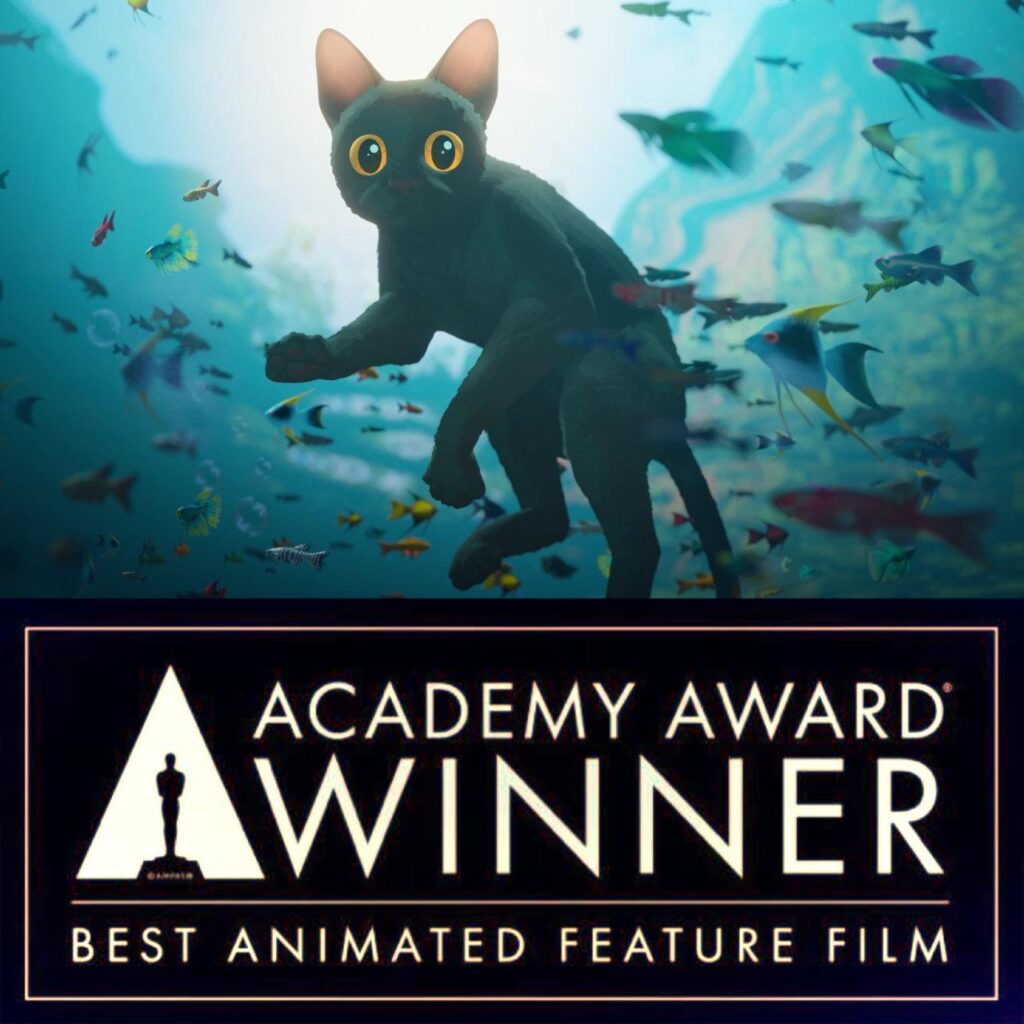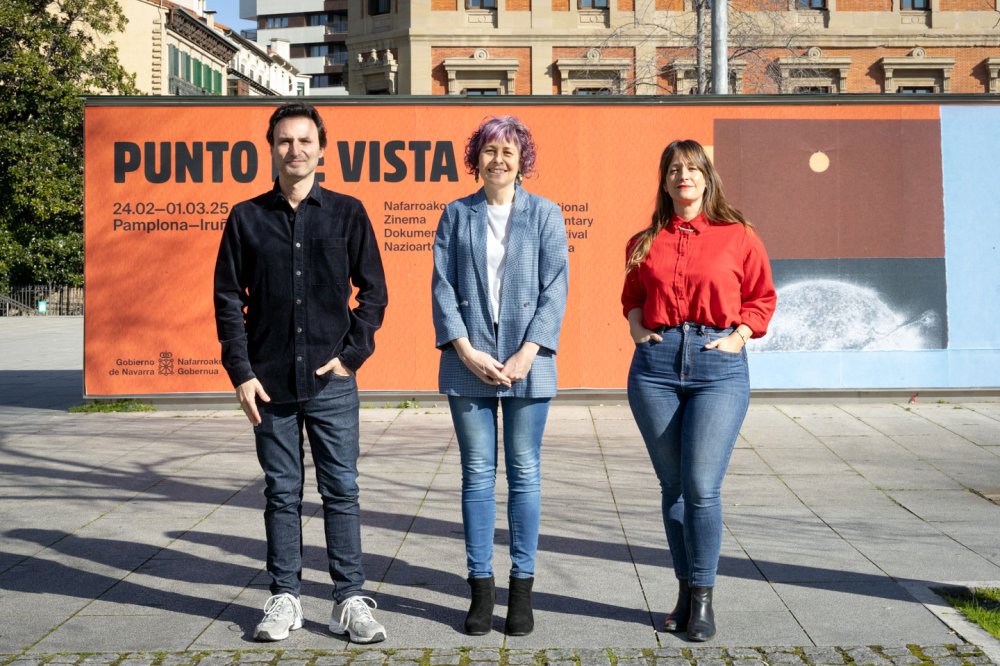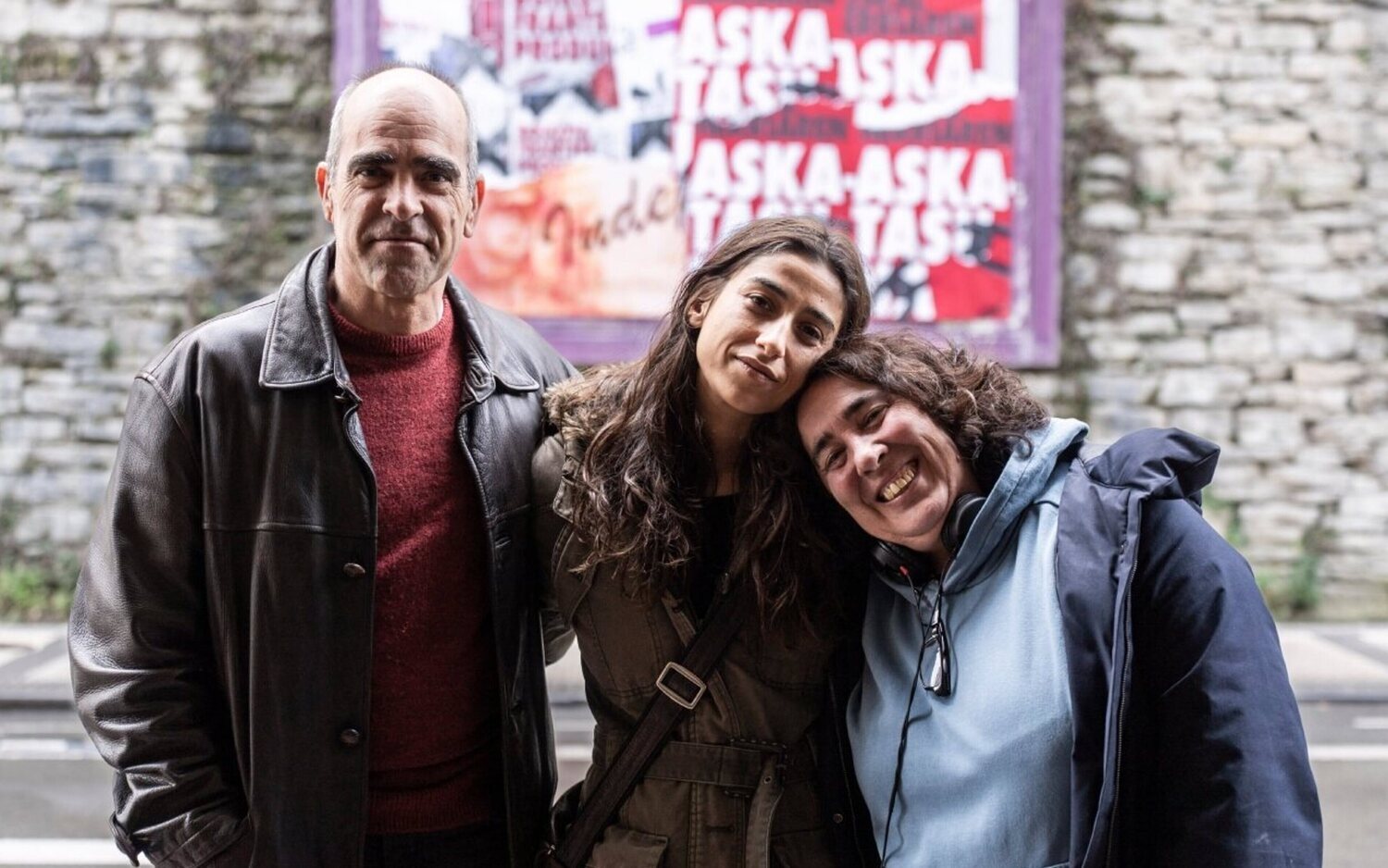Atxaga's film 'Son de la sonora' begins to roll under the direction of Fernando Bernués
- Filming of the film adaptation of the novel Son of the Screamer began this week, according to the EITB. Eneko Sagardoy, Aitor Beltran, Iñaki Rikarte, Joseba Apaolaza, Mireia Gabilondo, Frida Palsson and Miren Arrieta will participate under the direction of Fernando Bernués.

As in the novel, the film will focus on David and Joseba: David moved to the U.S. and now he's dying. Joseba, his childhood best friend, visits him and through him, he revisits the past of both of them. Francoism, their participation in ETA, echoes of the Civil War, torture, betrayal...
When Bernardo Atxaga published his novel in 2003, he played a role both among Basque readers and abroad. Among other things, the article written by the literary critic Ignacio Echevarría in the newspaper El País, in which he accused the work of the writer of Asteasu of “moral atrophy”, as well as supporting the “development of Basque terrorism”, highlighting that it explained the “conflict of wolves and shepherds”.
After the publication of this article, Echevarría was expelled from El País and a debate broke out in the Spanish cultural environment for possible reasons behind this expulsion –the Spanish-language edition of Sonora’s Son was published by Alfaguara, then the publisher of the Prisa group, which owned El País; and for some it was determinant to get the critic out of the newspaper–.
Regardless of the circumstances of the Basque conflict at that time and the quarrels caused by the ups and downs of cultural companies, the Son of the Sound Player marked the end of an era in Atxaga’s career, as the writer himself explained that he closed the cycle related to Obbaba with this book.
In 2012, the story told by the book was adapted for the theatre under the direction of Fernando Bernués.
Patxo Telleria adapted the text in this version from theatre to theatre and Telleria herself has also done the work of adapting the script for the film. The film will be filmed for seven weeks, mainly in Gipuzkoa and Navarre.
No other land dokumentalaren zuzendari Hamdan Ballal kolono sionistek jipoitu zuten astelehenean bere herrian, beste hainbat palestinarrekin batera, eta Israelgo militarrek eraman zuten atxilo ondoren. Astarte goizean askatu dute.
Donostiako Tabakaleran, beste urte batez, hitza eta irudia elkar nahasi eta lotu dituzte Zinea eta literatura jardunaldietan. Aurten, Chantal Akerman zinegile belgikarraren obra izan dute aztergai; haren film bana hautatu eta aztertu dute Itxaro Bordak, Karmele Jaiok eta Danele... [+]
35 film aurkeztu dira lehiaketara eta zortzi aukeratu dituzte ikusgai egoteko Euskal Herriko 51 udalerritan. Euskarazko lanak egiten dituzten sortzaileak eta haiek ekoitzitako film laburrak ezagutaraztea da helburua. Taupa mugimenduak antolatzen du ekimena.
Pantailak Euskarazek eta Hizkuntz Eskubideen Behatokiak aurkeztu dituzte datu "kezkagarriak". Euskaraz eskaini diren estreinaldi kopurua ez dela %1,6ra iritsi ondorioztatu dute. Erakunde publikoei eskatu diete "herritar guztien hizkuntza eskubideak" zinemetan ere... [+]
Geroz eta ekoizpen gehiagok baliatzen dituzte teknologia berriak, izan plano orokor eta jendetsuak figurante bidez egitea aurrezteko, izan efektu bereziak are azkarrago egiteko. Azken urtean, dena den, Euskal Herriko zine-aretoak gehien bete dituztenetako bi pelikulek adimen... [+]
Otsailaren 24tik eta martxoaren 1era bitartean, astebetez 60 lan proiektatuko dituzte Punto de Vista zinema dokumentalaren jaialdian. Hamar film luze eta zazpi labur lehiatuko dira Sail Ofizialean; tartean mundu mailako lau estreinaldi eta Maddi Barber eta Marina Lameiro... [+]
A conference for architects has just been held in Madrid to discuss the crisis of the professional architect. They have distinguished the traditional and contemporary way of being an architect. What is traditional? From the epic architect who appears in The Brutalist, where... [+]









